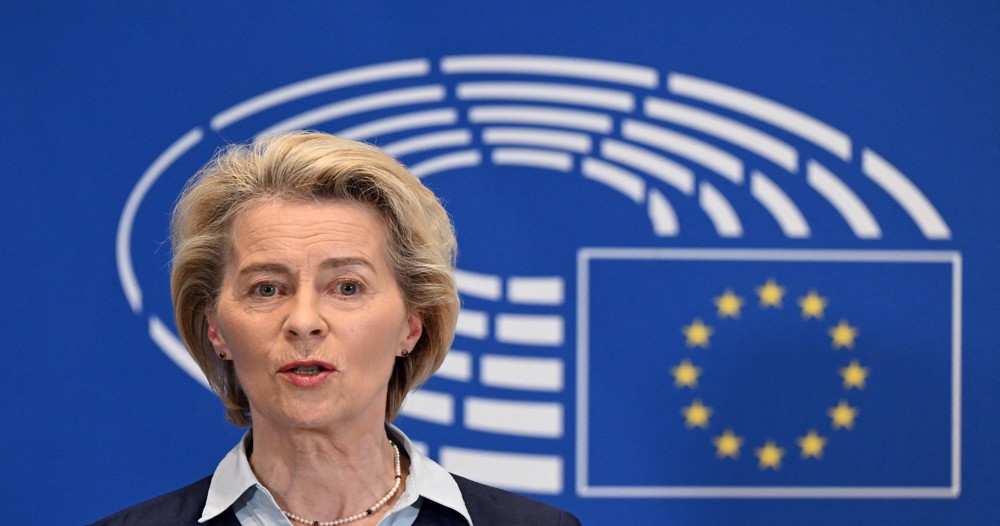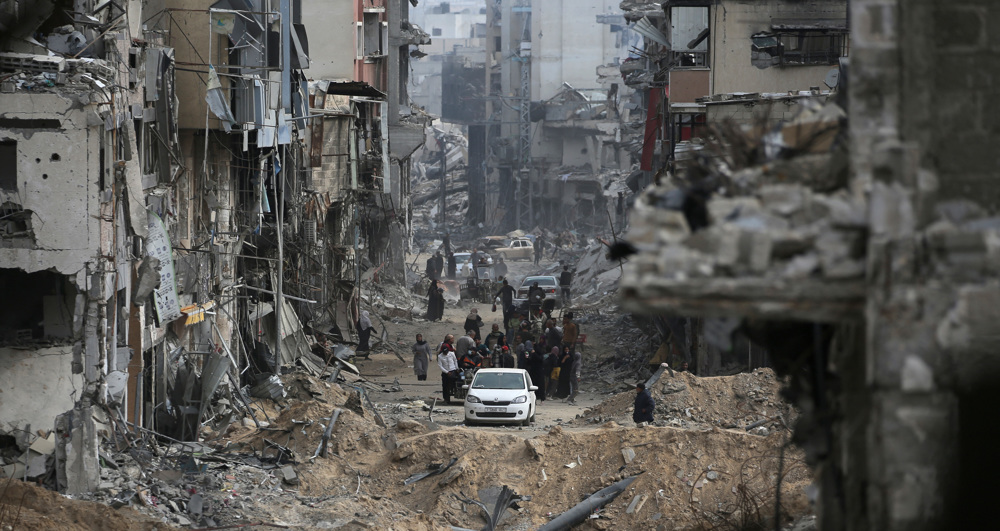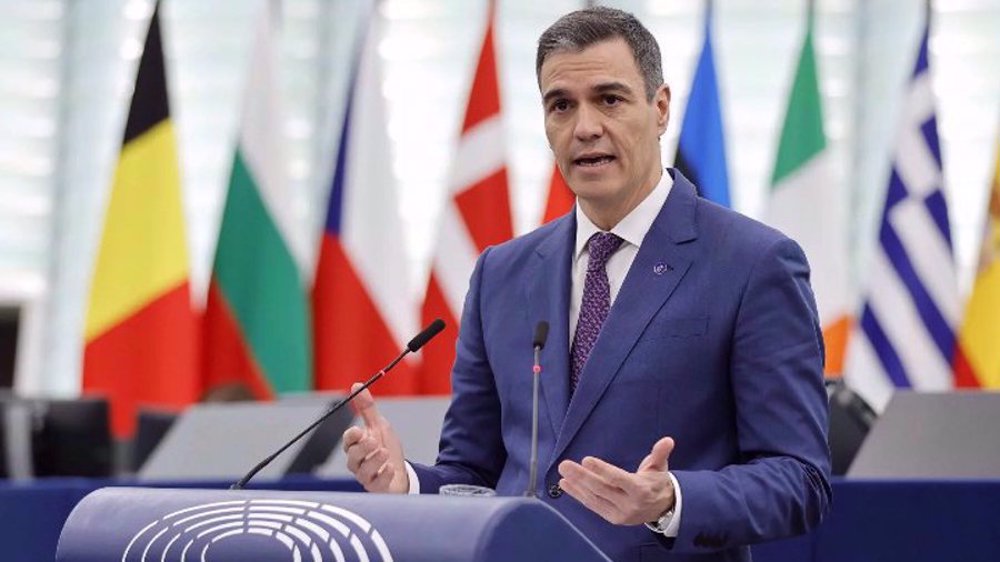Far-right groups form new, extremist alliance in Hungary
Three far-right political groups in Hungary have formed an alliance promoting white supremacy and anti-refugee sentiments.
The groups gathered in the town of Vecses, on the outskirts of Budapest, on Saturday to announce the formation of the so-called Force and Determination alliance with the aim of defending “the white European man” and spreading the idea of “ethnic self-defense.”
Speakers at the event said they wanted to build a “new right-wing” opposed to political correctness and liberalism, which they said had made Europe an “unlivable and indefensible” place — an apparent rebuke of government policies to allow refugees in.
They said the alliance wanted to fight such ideas and take a united stand against refugees and the Roma community in Hungary.
About 300 participants attended the inaugural event of “Force and Determination.”

While the alliance seems marginal for now, efforts by Jobbik, Hungary's largest far-right group, to attract moderates to converge with the Force and Determination alliance have been cited by analysts as a source of concern.
Jobbik held its position as the country’s third-largest party in the 2014 parliamentary elections and won a crucial by-election against the right-wing ruling party, Fidesz, in 2015. Jobbik’s leader, Gabor Vona, 38, is trying to improve the group’s image by reinventing it as a “people’s party” rooted in Hungarian nationalism.
Far-right parties have gained momentum in mainstream European politics over the past years and amid an influx of refugees.
The European refugee crisis started in 2015, when rising numbers of people, fleeing from war and persecution in the Middle East and North Africa, started arriving in Europe.
The refugees traveled across the Mediterranean Sea or overland through Southeast Europe. The Balkan route has since been blocked, but the perilous route across the Mediterranean Sea is still open.
Iraqi resistance forces hit Israeli Ovda air base
Hackers break into Israeli military’s computers, access trove of documents
Tulkarm Brigade commander killed by Israeli forces in raid on refugee camp
Zionist media desperately trying to turn Israeli defeat into victory: Iran
VIDEO | Press TV's news headlines
Iran censures US veto of Palestinian request for full UN membership
Over 14,000 kids killed in Israel’s war on Gaza: UNICEF
VIDEO | Iran’s National Army Day marked at the Iranian embassy in Moscow










 This makes it easy to access the Press TV website
This makes it easy to access the Press TV website